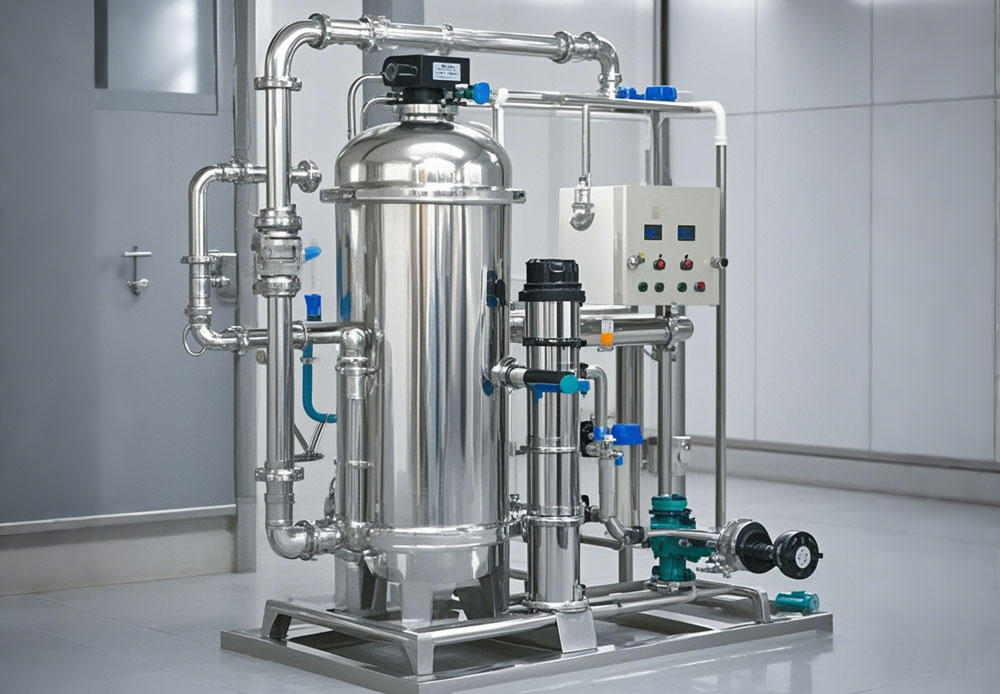
Water is a vital resource for life, and ensuring its purity is crucial for health, industry, and environmental sustainability. However, the quality of water varies significantly across different regions, affecting the performance and maintenance of water purification equipment. This article explores how regional water quality impacts the maintenance and efficiency of water purification systems, providing insights into the challenges and solutions for maintaining optimal performance.
Water quality standards are regulatory guidelines that define acceptable levels of contaminants, chemicals, and other substances in water. These standards are essential for protecting public health, supporting industrial processes, and preserving environmental quality. Adherence to these standards is critical for water purification systems to function effectively.
Water quality standards are established by environmental agencies to monitor and control the levels of pollutants in water sources. These standards are vital for:
- Ensuring safe drinking water.
- Supporting agricultural and industrial activities.
- Protecting aquatic ecosystems.
By adhering to these standards, water purification systems can effectively remove harmful contaminants, ensuring the safety and usability of water for various purposes.
The selection of water purification equipment is heavily influenced by the quality and composition of the water to be treated. Different water sources have varying levels of contaminants, which necessitate specific purification technologies.
Water quality standards play a significant role in determining the capacity and efficiency of water purification systems. High-capacity systems are essential for managing large volumes of water while maintaining compliance with quality standards. Efficient systems can handle varying levels of contaminants without compromising performance.
The choice of technology for water purification depends on the specific challenges posed by the water quality. For example:
- Trash and Screen Rakes: Ideal for removing large debris from water sources.
- Biological Treatment Systems: Effective for treating water with high levels of organic contaminants without using chemicals.
By selecting the appropriate technology, businesses and water treatment plants can enhance the efficiency and lifespan of their purification systems.
Maintaining water purification equipment involves regular monitoring and upkeep to ensure optimal performance. The quality of water being treated directly impacts the maintenance requirements of the equipment.
Water with high levels of minerals, such as calcium and magnesium, can cause limescale buildup in purification systems. This scaling can significantly reduce the efficiency of the equipment and increase maintenance costs. Regular descaling and using water softeners can mitigate these issues.
Different contaminants require specific treatment processes. For instance, water with high levels of biological organisms may necessitate frequent cleaning and maintenance of filters and membranes to prevent clogging and ensure effective purification.
Continuous monitoring of water quality is essential for identifying potential issues early. Regular water quality tests can reveal changes in contaminant levels, indicating the need for maintenance or adjustments in the treatment process. This proactive approach helps prevent major breakdowns and extends the lifespan of the equipment.
Implementing robust maintenance management strategies can help water purification plants reduce overhead costs and enhance the reliability of their systems.
Preventive maintenance involves regular inspections, tune-ups, and quality checks to address potential issues before they lead to equipment failure. This approach reduces the frequency of unexpected breakdowns and prolongs the life of the equipment.
Using data from maintenance activities and water quality tests, plant operators can make informed decisions about repairs and replacements. Analyzing performance metrics helps determine whether equipment should be repaired or replaced based on its remaining useful life and cost-effectiveness.
As water quality standards and purification technologies evolve, upgrading and modifying existing systems can help maintain compliance and improve efficiency. Regularly assessing the need for new technologies ensures that water purification systems remain effective in meeting current and future challenges.
The quality of water in different regions significantly impacts the maintenance and performance of water purification equipment. By understanding water quality standards, selecting appropriate technologies, and implementing effective maintenance strategies, businesses and water treatment plants can ensure the reliability and efficiency of their purification systems. Regular monitoring and proactive maintenance are key to minimizing operational costs and extending the lifespan of the equipment.
For more information on water quality standards and water purification technologies, consult with experts and stay informed about the latest advancements in the field. High-quality, efficient equipment combined with adherence to maintenance routines ensures that water purification systems meet rigorous standards and provide safe, clean water for various applications.
If you have any questions about water quality standards or need assistance in selecting and maintaining water purification equipment, contact our team of experts at [Company Name]. We are here to help you find the best solutions for your water purification needs. Visit our website for more information and resources on water quality and purification technologies.
Pre :
Next :


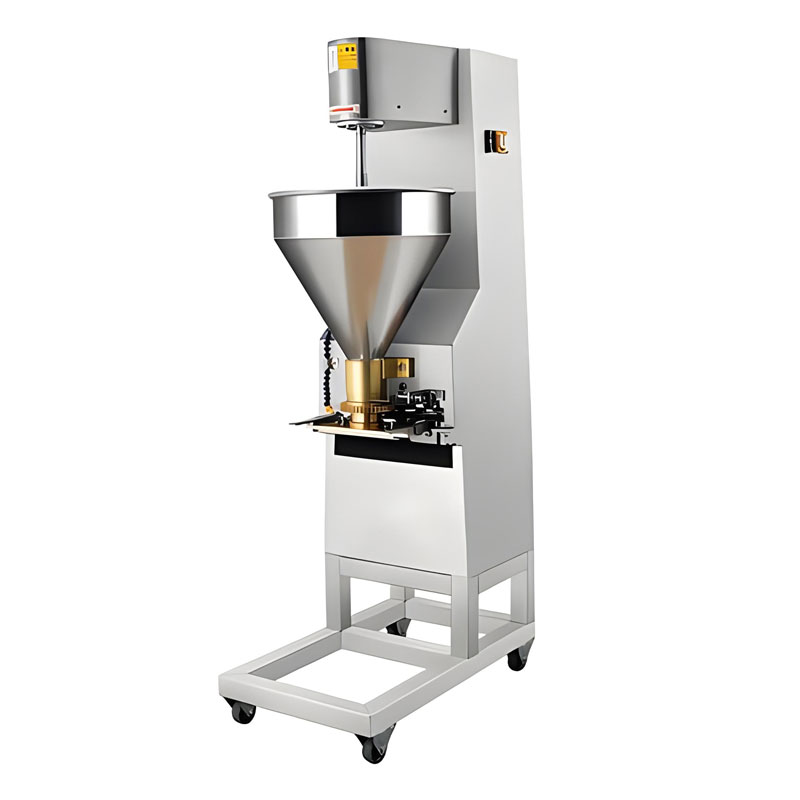
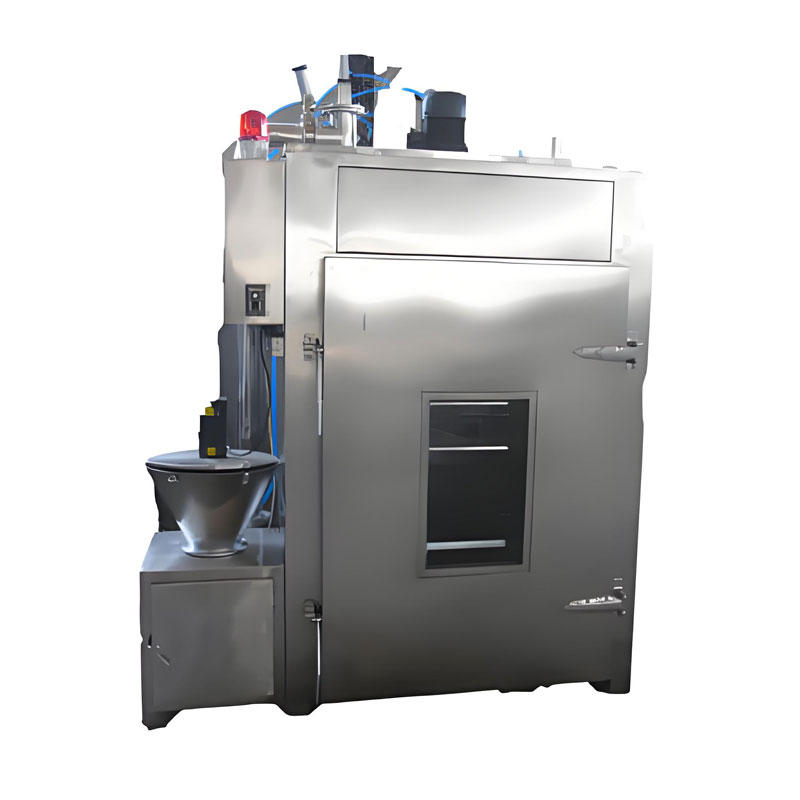
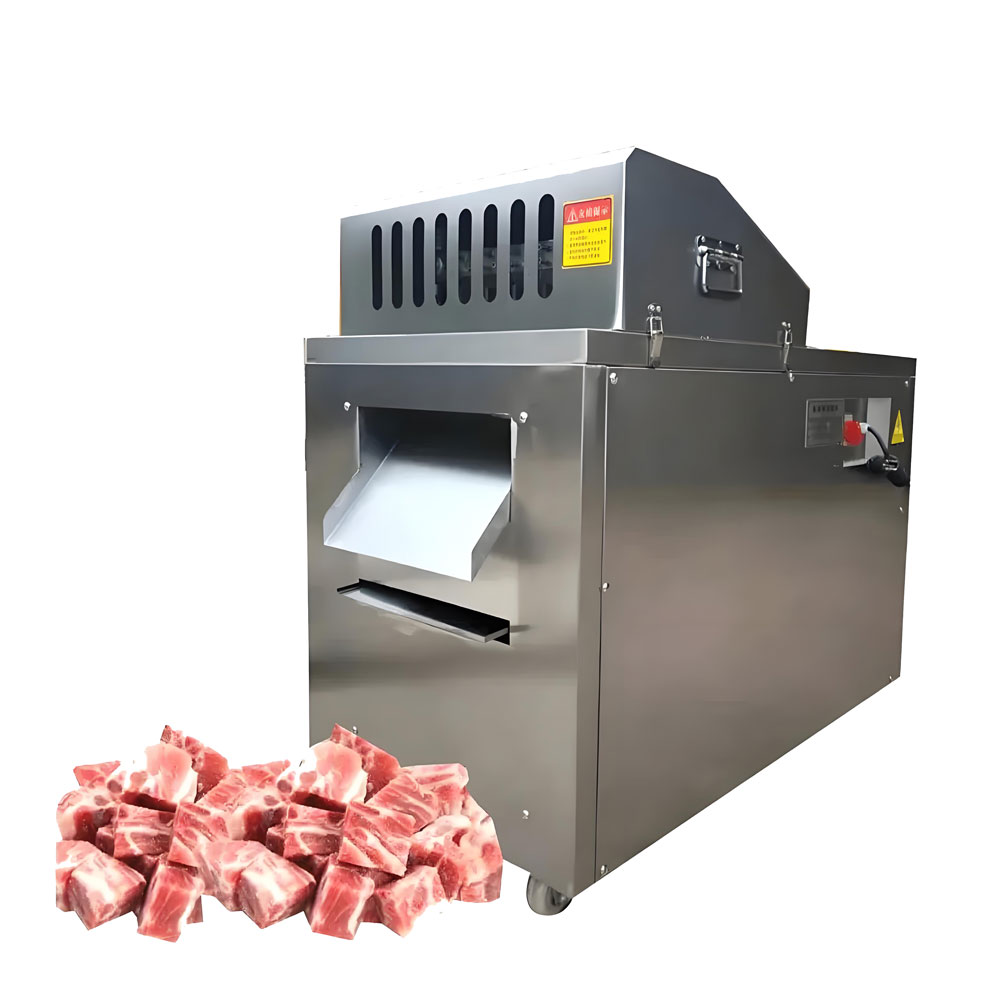
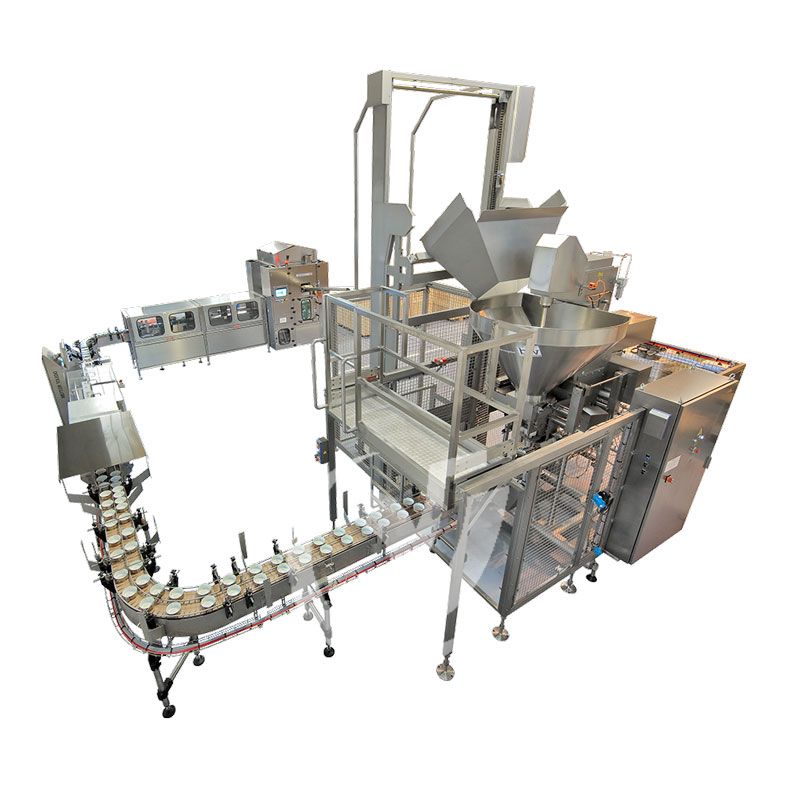

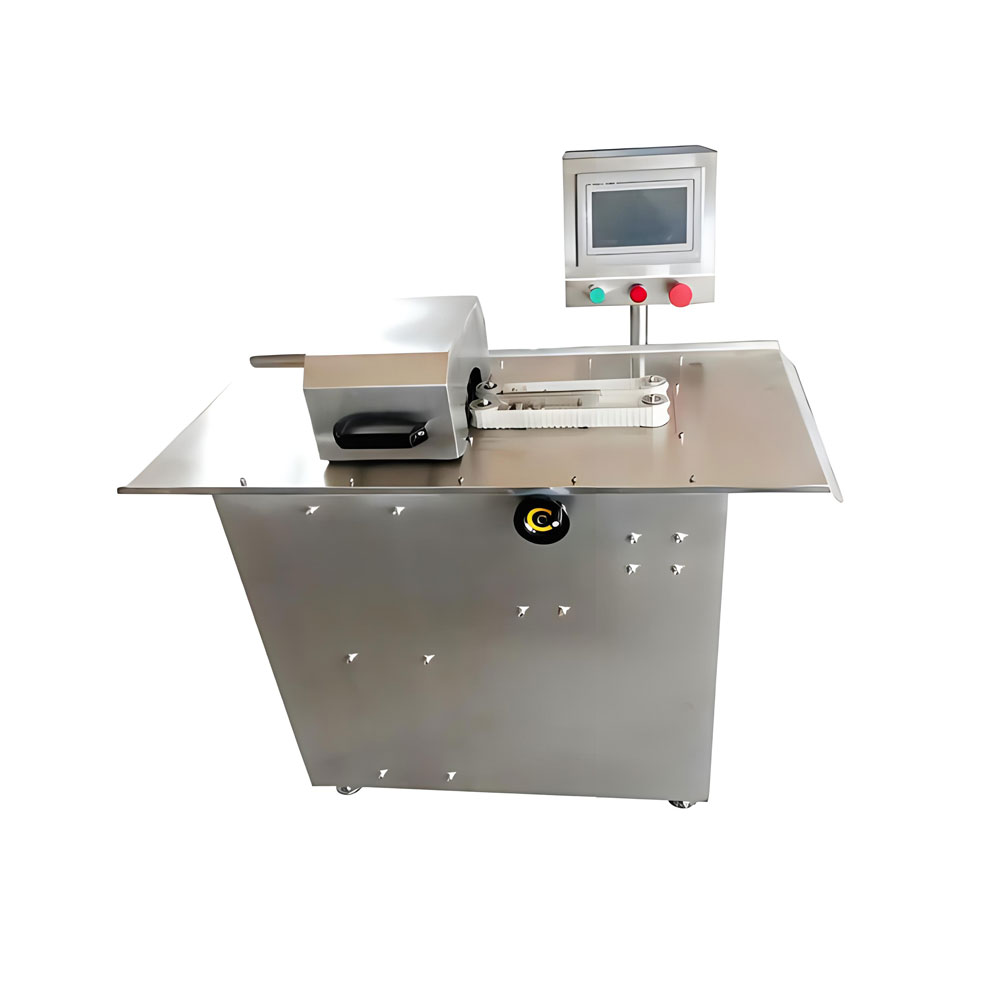
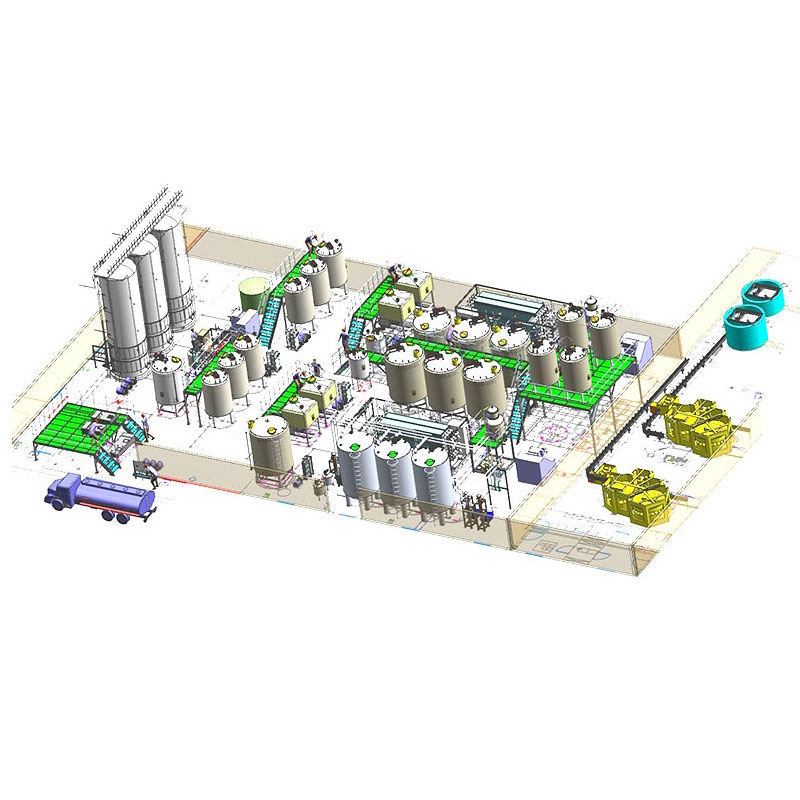
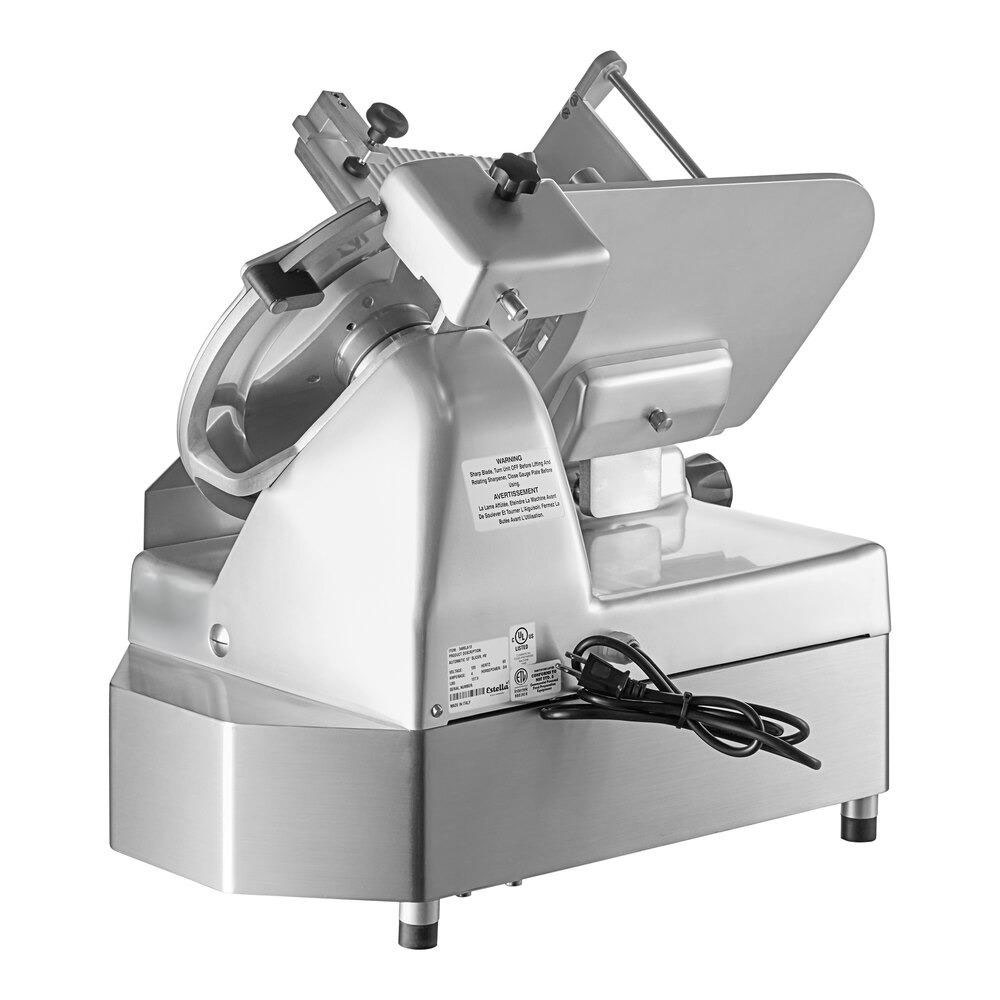
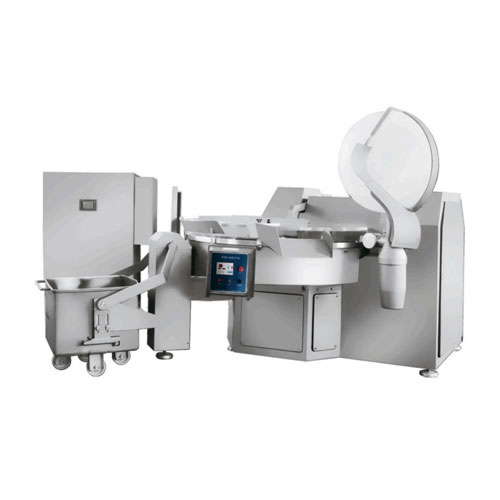
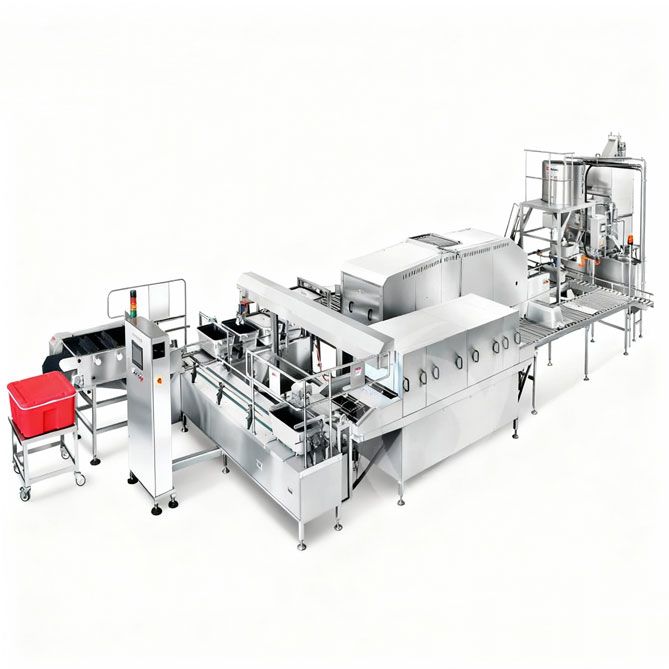
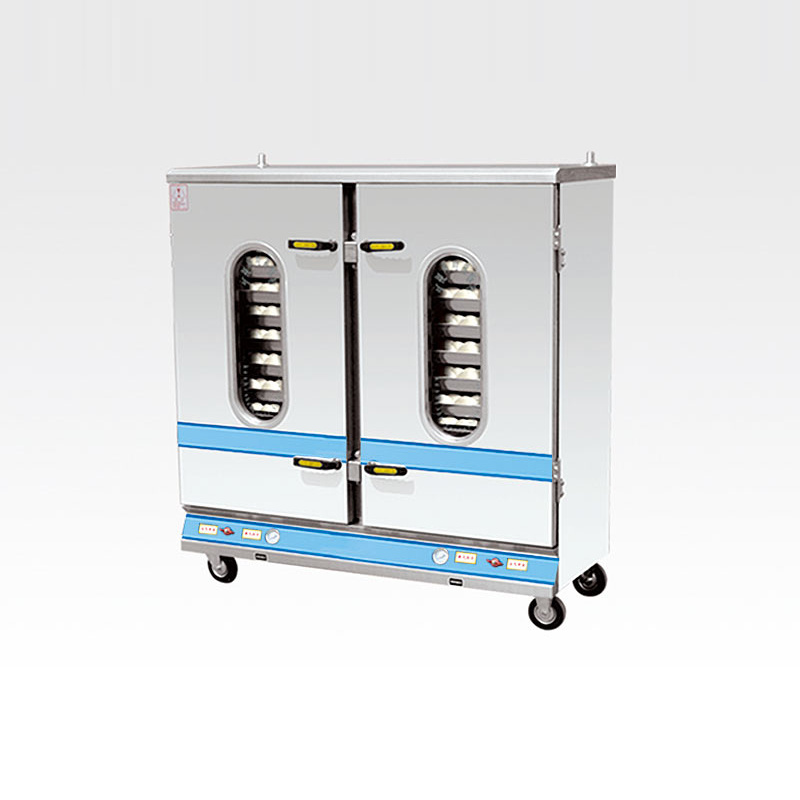 The Double-Door Steaming Cabinet With A Viewing Window
The Double-Door Steaming Cabinet With A Viewing Window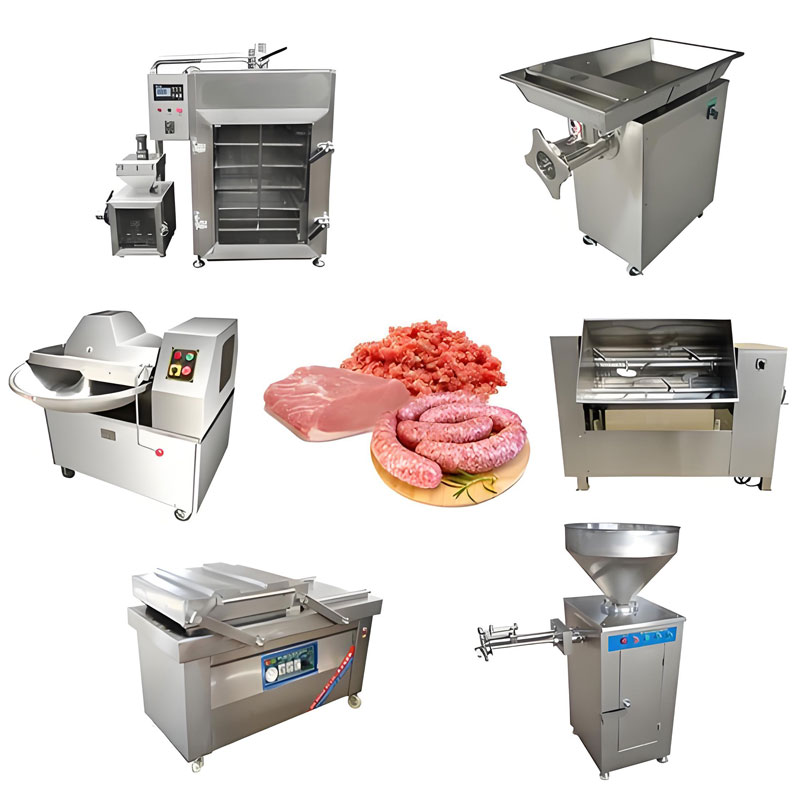 Sausage Stuffer Machine
Sausage Stuffer Machine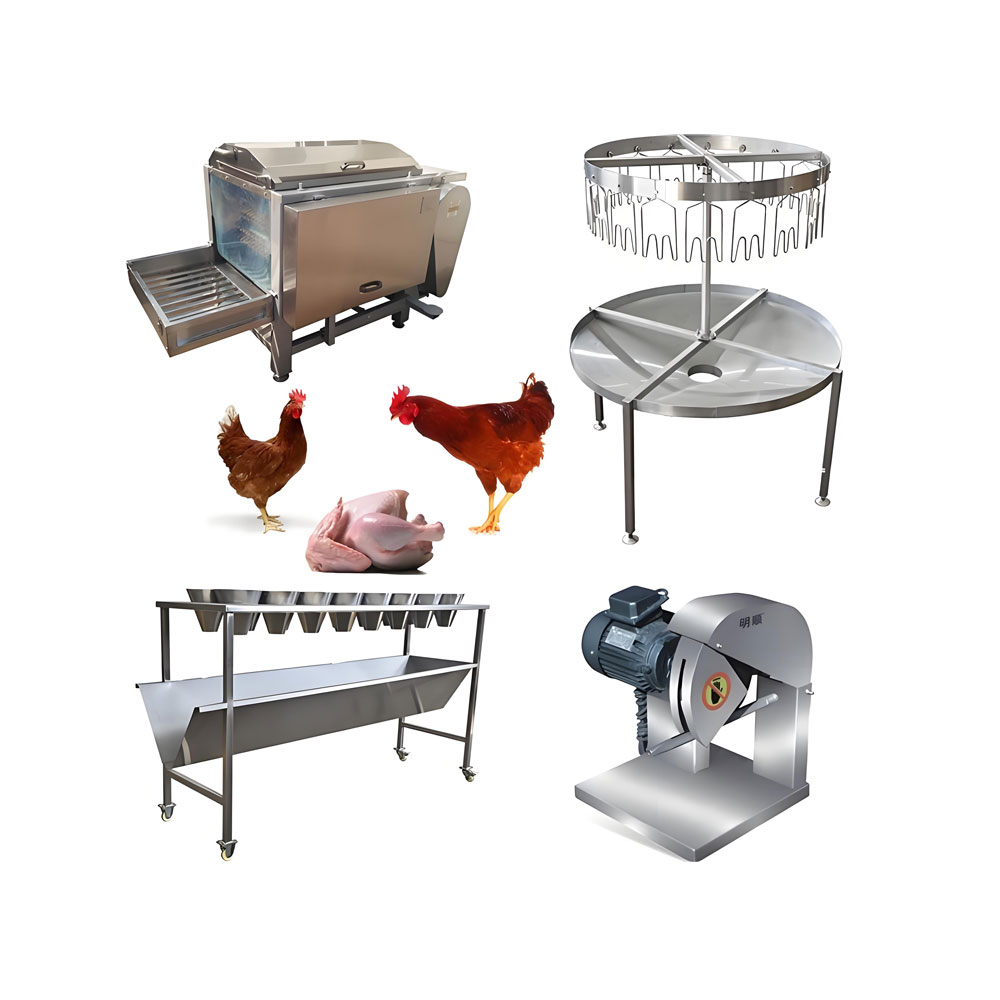 Chicken Slaughtering Machine
Chicken Slaughtering Machine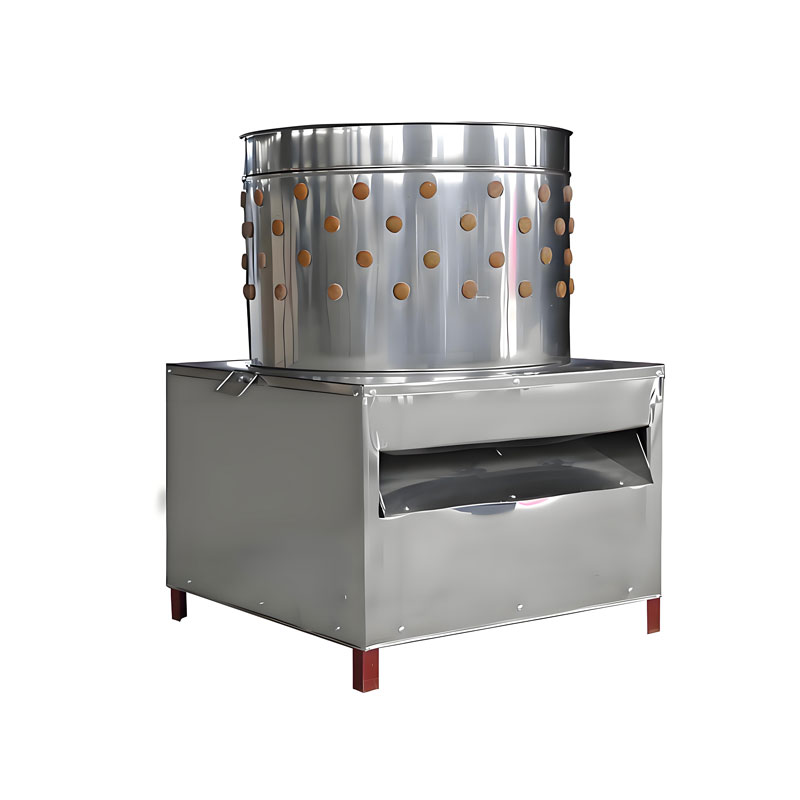 Chicken Plucker Machine
Chicken Plucker Machine
Ready to Get Started?